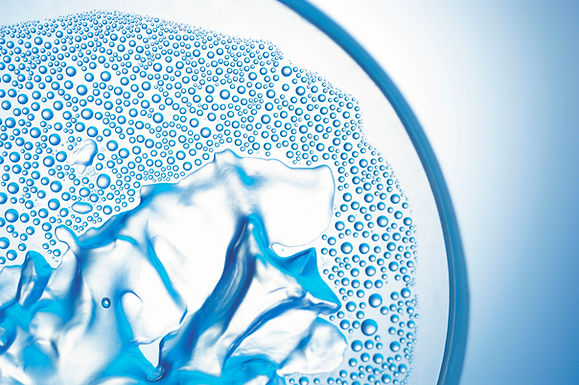

LOW-COST RENEWABLE ENERGY DRIVEN (LC-RED)
WATER TREATMENT SOLUTIONS CENTRE

LOW-COST RENEWABLE ENERGY DRIVEN (LC-RED) WATER TREATMENT SOLUTIONS CENTRE
Water Technology Initiative (WTI-2017) for WATER Technology Research and Innovation Centres (WATER-IC)

WHO WE ARE
In the leadership of Pandit Deendayal Energy University (PDEU), the consortium includes
G B Pant University (GBPU), Uttarakhand; Banasthali University (BU), Rajasthan and Central University of Gujarat (CUG) . The consortium partners bring multi-disciplinary expertise ranging from renewable energy driven efficient water treatment systems supported through biological, bacterial and biotechnological pre-treatment approach to address truly global challenge of scarcity of clean and drinking water. The aim of project is to provide practical & innovative solutions to address the shortfall of freshwater supply which is one of the most pressing problems affecting India and several other global regions. The project also aims to explore water saving schemes, recycling measures and industrial wastewater treatment.

OBJECTIVES
-
Optimized modules for different categories of waste water impurities.
-
Novel integrated unit/ units for waste water treatment/ reuse and recycling.
-
Simulating strategies and modelling tools to optimize power requirement.
-
Prototype waste water treatment system ready for evaluation.
-
Dissemination and application of technology.
-
Providing practical and innovative low cost solutions to address the shortfall of freshwater supply and industrial waste water treatment.
-
Analyzing potential of using bacteria for pre- treatment of waste water.
-
Design and develop novel module including EC, ED, adsorption and RO.
-
Analyze the potential of wind-driven RO.
-
Design and construct advanced prototypes to demonstrate varieties of modules integrating all renewable energy, biological, bacterial and chemical techniques

The soaring demand for water is exacerbated by climate change, but increased use of waste water treatment, reuse and recycling - if not powered by sustainable energy sources - will contribute to the climate change problem it is meant to address. The effects of brines on marine ecosystems have prompted considerable interest in the development of 'zero-liquid discharge systems (ZLD)' with energy saving schemes.
- Dr. Anurag Mudgal

CONTACT US
Pandit Deendayal Energy University
Knowledge Corridor, Raisan Village,
Gandhinagar - 382 426 Gujarat (State), INDIA
